Ideology and the Future of Progressive Social Movements
Ideology and the Future of Progressive Social Movements
Rafal Soborski

London New York
Published by Rowman & Littlefield International Ltd
Unit A, Whitacre Mews, 2634 Stannary Street, London SE11 4AB
www.rowmaninternational.com
Rowman & Littlefield International Ltd.is an affiliate of Rowman & Littlefield
4501 Forbes Boulevard, Suite 200, Lanham, Maryland 20706, USA
With additional offices in Boulder, New York, Toronto (Canada), and Plymouth (UK)
www.rowman.com
Copyright 2018 by Rafal Soborski
All rights reserved. No part of this book may be reproduced in any form or by any electronic or mechanical means, including information storage and retrieval systems, without written permission from the publisher, except by a reviewer who may quote passages in a review.
British Library Cataloguing in Publication Data
A catalogue record for this book is available from the British Library
ISBN: HB 978-1-78348-792-9
PB 978-1-78348-793-6
Library of Congress Cataloging-in-Publication Data Available
ISBN: 978-1-78348-792-9 (cloth : alk. paper)
ISBN: 978-1-78348-793-6 (pbk. : alk. paper)
ISBN: 978-1-78348-794-3 (electronic)

The paper used in this publication meets the minimum requirements of American National Standard for Information Sciences Permanence of Paper for Printed Library Materials, ANSI/NISO Z39.481992.
Printed in the United States of America
For Tomi, as always
Contents
Preface and Acknowledgements
A decade has passed since the financial crisis laid bare the destructive nature of neoliberal capitalism. Much ink has been spilled since then over the character and implications of social movements opposing the system, the reasons why it took them so long roughly four years to mobilize following the crisis and whether they have made any meaningful difference. However, while the literature on anti-neoliberal activism is already voluminous and continues to expand, the question of ideologys role in recent mobilizations is only beginning to be considered reflecting a broader, widely held belief that we now live in a post-ideological age. This book aims to fill this gap in existing scholarship. As the passage of time has allowed some analytical distance, and discursive material available for study has accumulated sufficiently, an exploration of the role that ideology plays in anti-neoliberal resistance is now warranted. While I share the discontent of the movements discussed here with shocking levels of inequality and blatant unfairness engendered by neoliberal practices, the discussion that follows may not come across as a sympathetic account. It is critical of the vague and moralistic way in which discontent has been expressed by anti-neoliberal movements, their preoccupation with themselves rather than the outside world and their substitution of ritualistic and theatrical forms of protest for concrete political agendas. In particular, the book demonstrates how the neglect of overt ideological work by anti-neoliberal activists has left the field open for cultivation by neoliberals as well as the far right. In contrast to much of the literature on anti-neoliberal activism, this book does not aim to celebrate its subject but rather, in the spirit of constructive critique, to highlight some of its limitations that should be addressed if anti-neoliberal movements are to take advantage of the next political opportunity. I leave it to the reader, of course, to judge if the book delivers what it sets out to do.
Before I begin, however, I would like to express my gratitude to several people without whose help and support this book would not have been possible. The research presented here started with a paper that I presented at the Political Economy of the World System Thirty-Eighth Annual Conference Social Movements and Global Transformation which took place during 1012 April 2014 at University of Pittsburgh. I am grateful to the organizers of the event for the enlightening discussions that we had in Pittsburgh and for inviting me to publish a chapter in the volume that followed (Smith et al. 2017; Soborski 2017). The transformation of the preliminary discussion in that chapter into this short book would not have happened without Anna Reeve who encouraged me to submit a proposal to Rowman & Littlefield International and, as Senior Commissioning Editor in Politics and International Relations, saw it through to acceptance. The proposal was reviewed by Michael Freeden and Jan Nederveen Pieterse, and I am indebted to both of them for their insightful feedback and detailed advice that greatly improved the quality of the discussion; all weaknesses that remain are, needless to say, of my own making. Much of the reading and research that underpins this book was done during the summer of 2016 at the Institute of European Studies at the Jagiellonian University in Krakow. I owe my sincere thanks to Dariusz Niedzwiedzki and Marcin Galent for hosting me there as a visiting researcher. The quiet and beautiful location of the institute helped me to focus my thoughts on the research, while the long and fascinating conversations I had with Marcin contributed greatly to sharpening my understanding of the central themes of this volume. Finally, I would also like to thank Dhara Patel and Rebecca Anastasi as well as the rest of the team at Rowman & Littlefield International for their invaluable assistance and patience with my requests: It was a great pleasure working with you on this project.
Chapter 1
Neoliberalism and Its Discontents in the Wake of the Crisis
This chapter sets out the books argument by shedding some preliminary light on ideological struggles between neoliberalism and its challengers in the wake of the recent global financial crisis. The chapter offers a brief description of neoliberalism as ideology as well as discusses its initial fall from grace after the financial earthquake of 20072008 and its surprisingly quick recuperation soon afterwards. The reversely corresponding rise and decline of the latest wave of anti-neoliberal mobilization is also explored on the background of a broader introductory account of anti-neoliberal activism in the postCold War era. The chapter concludes with a concise preview of the main considerations advanced in this book.
THE CRUNCH
Only a crisis actual or perceived produces real change. When that crisis occurs, the actions that are taken depend on the ideas that are lying around. (Friedman 2002, xiv)
The 20072008 financial collapse was the worst economic catastrophe since the Wall Street Crash of 1929. Estimates of the overall cost of the credit crunch and the ensuing Great Recession vary widely, but even the most conservative calculations are shocking. According to Bank of England Chief Economist Andrew Haldane (2010, 4), the output loss was between US$60 trillion and US$200 trillion for the world and between 1.8 trillion and 7.4 trillion for the United Kingdom. In the United States, the price tag has been estimated by some to come to a whopping US$120,000 per person (Porter 2014). Behind these colossal figures lies incalculable misery of millions of people who lost their homes, jobs and any sense of economic security that they had enjoyed. The recession was also exceptionally protracted, and any recovery has so far been pallid. The countries of the Global North are stuck in what seems like a permanent stagnation, and real living standards remain squeezed in even the strongest economies of the capitalist core; real wages in Britain, for example, declined by more than 10 percent between 2007 and 2015 (Allen and Elliott 2016). At the same time, peripheries of the core, especially countries in southern Europe, are still in a profound crisis whose depth is epitomized by the situation in Greece where incomes of the poorest fifth of the population have fallen by 42 percent since 2009 and in 2016 unemployment rate was a staggering 24 percent while the value of the national debt was almost twice the value of the countrys economy (Smith 2016). Admittedly, the crisis has damaged the economies of the broadly defined Global North more, by and large, than those of Global East and South, and so can be seen as an element of a global rebalancing, particularly between the Atlantic core and South East Asia (Nederveen Pieterse 2011). That said, the slowdown has impeded the growth of even the most dynamic, newly industrialized countries, while its impact on sub-Saharan Africa is proving particularly detrimental (Dolphin and Chappell 2010; UNCTAD 2016).

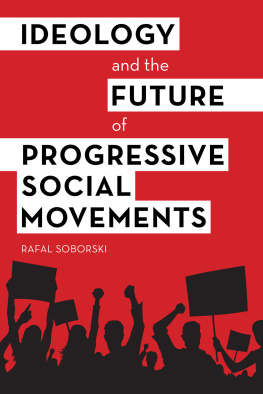

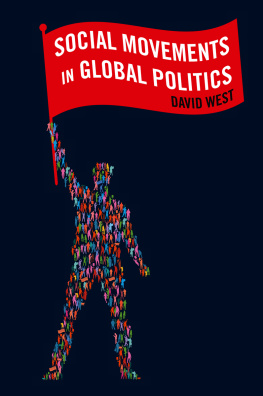
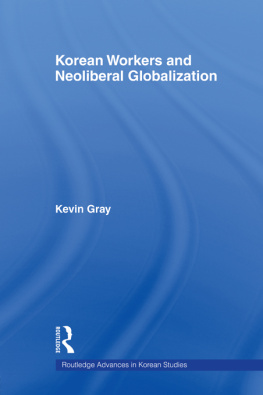
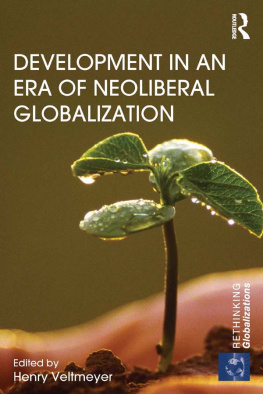
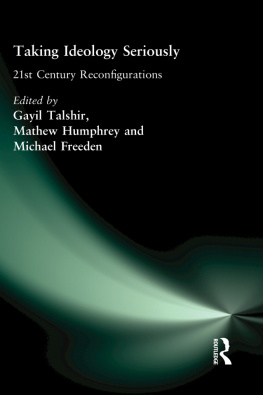
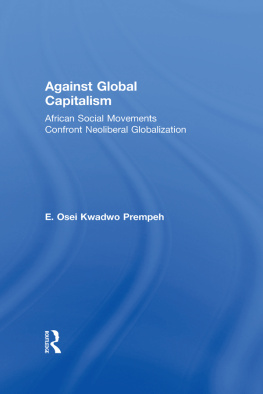
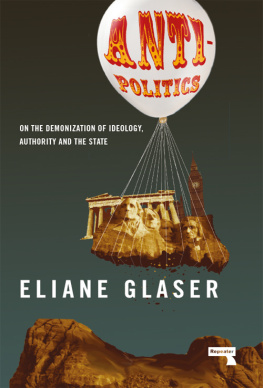

 The paper used in this publication meets the minimum requirements of American National Standard for Information Sciences Permanence of Paper for Printed Library Materials, ANSI/NISO Z39.481992.
The paper used in this publication meets the minimum requirements of American National Standard for Information Sciences Permanence of Paper for Printed Library Materials, ANSI/NISO Z39.481992.